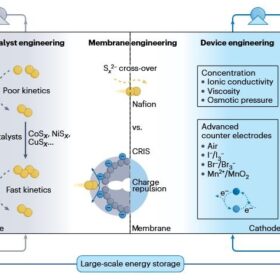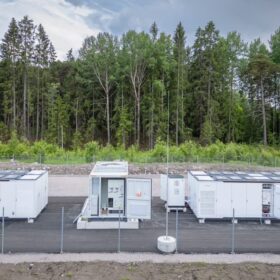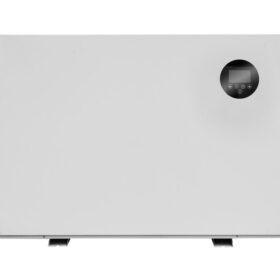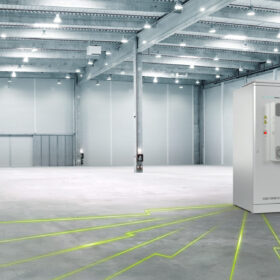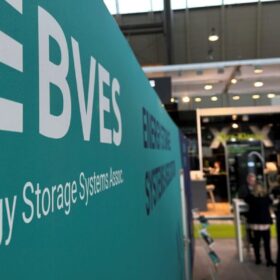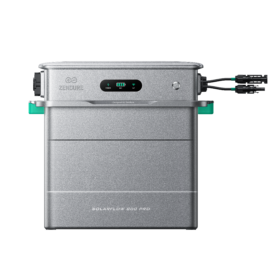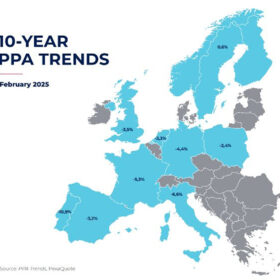Pathway to commercialization of aqueous sulfur-based redox flow batteries
Researchers in China have identified a series of engineering strategies to bring aqueous sulfur-based redox flow batteries closer to commercial production. Improving catalyst design, ion-selective membranes, and device integration will be key to solve this battery storage technology’s issues.
Heat pump control strategy for energy communities
Researchers have utilized measured data from a small energy community on a Finnish university campus to simulate its operation under various control strategies. The first control strategy prioritizes the use of heat pumps, while the second prioritizes price. Total costs were reduced by up to 25% with the second option.
France’s Imeon launches AI-powered home solar-plus-storage system
Neo learns and adapts to user consumption habits, ensuring optimal use of rooftop solar energy and improving battery life.
Swedish grid operators reluctant to integrate batteries
A report from Svensk Solenergi says connection to the electricity grid is a significant obstacle to the expansion of battery storage technology in Sweden, with grid operators often hesitant to connect large-scale projects.
Sprsun unveils air-source heat pump for swimming pools
The Chinese manufacturer said its new heat pump system has a heating capacity of 6.5 kW to 17 kW and a coefficient of performance ranging from 4.8 to 5.23 at 15 C.
Tesvolt presents new C&I battery storage system with 15 year performance guarantee
With two cycles per day, the Forton can be loaded without voiding its 15-year performance guarantee. That opens the possibility of trading on the electricity market, enabling companies to recoup their investment more quickly.
German home battery sales collapse but larger systems on the rise
German energy storage sales are shrinking, especially home systems, but commercial and industrial (C&I) and utility-scale numbers are rising and the Federal Association of Energy Storage Systems (BVES) wants faster permitting and better regulation.
Atmoce launches ‘extra’ low-voltage batteries for residential PV
The new batteries have a nominal DC voltage of 26.5 V and a maximum DC voltage of 28.8 V, with the operating AC voltage range being 176-276 V. Their nominal battery capacity is 280 Ah and the rated battery energy is 7 kWh.
Zendure launches new residential batteries
The US-based company unveiled a battery designed for balcony applications and a storage system for rooftop PV systems. Both products are AI-powered.
European PPA prices down in February amid lower deal volumes, says Pexapark
European power purchase agreement (PPA) prices fell in February amid sliding energy commodity prices, but deal flow held steady, says Swiss energy consultancy Pexapark, noting that a “landmark” 40-year, 15 MW solar PPA was signed in Wales.
